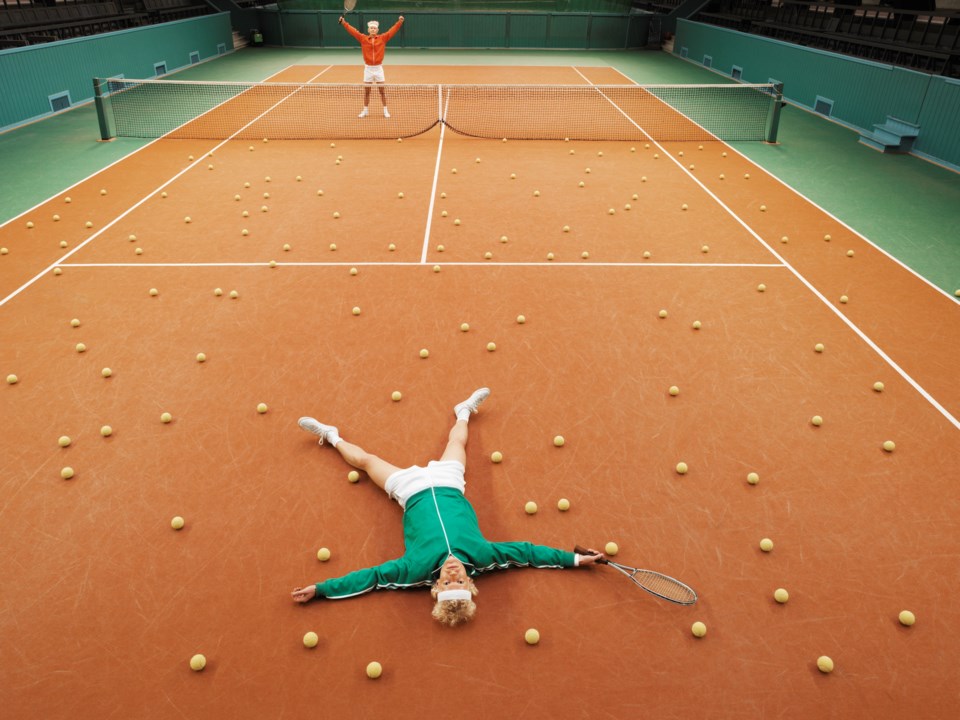Competition is normal, and has its place in nature, as seen in competing for a mate, sports, and playing games. It often drives the relationships (and ensuing issues) within families between siblings and between spouses. As normal as it is, if competition is not understood and managed, it can be very unhealthy.
Today I would like to talk about how unhealthy competition damages relationships. Competition is driven by our egoic mind and the “Illusion of Separation” which is a term I will go into in my next article, which will be rather spiritual in nature.
What does competition look like in relationships? It is in the need to be right, the need to be superior, the need to be in control, the need to make the other person pay, the need to control resources within a family such as finances or decisions, the need to dominate or hurt another. Competition is what the egoic mind uses to feed or fill a lack in order to feel more valid within ourselves. But competition doesn’t actually feed the lack with anything more than a temporary ego boost. And unfortunately, the ego will never be satisfied, so the need to compete can become addictive or compulsive.
We all know people who are hard to be around because they always need to be right, be more informed or knowledgeable, be the winner, the centre of attention, tell others what to do, look better, own more stuff, or control any given situation. Obsessive competition can destroy relationships between parents, children, spouses, friends, neighbours and in-laws. Competition in a relationship stems from a lack of mindfulness, a lack of self-awareness and a lack of self-esteem (self-love).
We have two choices (of our own behaviour) if we notice, and are triggered by the competitive need in another. We can jump in the ring and compete with them to “teach them a lesson or knock them down a peg” or we can just notice their competition as a lack in them, and choose not to engage. If we choose not to engage, and even go as far as offering them a token of encouragement (a compliment), their need to feel validated will be satisfied which may very well lessen their need to compete in that instance.
This seems counter-intuitive to many who may wonder “why should I boost their ego when they are already an egomaniac?” The simple reason is that it feels good to do so, to break the cycle, to offer loving energy rather than become combative ourselves. And it is an act of compassion which will fill a need in them to be loved and accepted. This is hard to do but incredibly rewarding if we are brave enough to resist our own impulses to jump in with our own competition.
What if our own competitive nature may be damaging our relationships? The first and most important step is to have the courage to look at ourselves and our own attachments to being right and being in control. I call this “looking at our own humanity” because to compete and control is part of our very nature and has served the survival of man to this point. We all have triggers that send us into competition or defensiveness. This is totally normal and part of our human make up (sometimes driven by past pain, neglect or trauma). But when we are aware of our triggers, and do the work to lessen or eliminate the need to prove ourselves or look for outside validation, we become much more comfortable in our own skin and confident in our ability to just be, and let others be. If we have the willingness to do some mindful self-esteem building in ourselves, so that we aren’t feeling lacking, we are less likely to engage in negative competitive energy with another.
Self-reflection is part of the maturity process of mankind. It is important to accept our own humanity and develop the ability to laugh at ourselves. We really do have some ridiculous ego driven needs and attachments. It is equally important to accept where others are at in their own development and process, so that we can be released from our own need to compete for validation.
Claire Nielsen is a health coach, author, public speaker and founder of www.elixirforlife.ca. The information provided in the above article is for educational purposes only and is not a substitute for professional health and medical advice. Please consult a doctor or healthcare provider if you're seeking medical advice, diagnoses and/or treatment.




